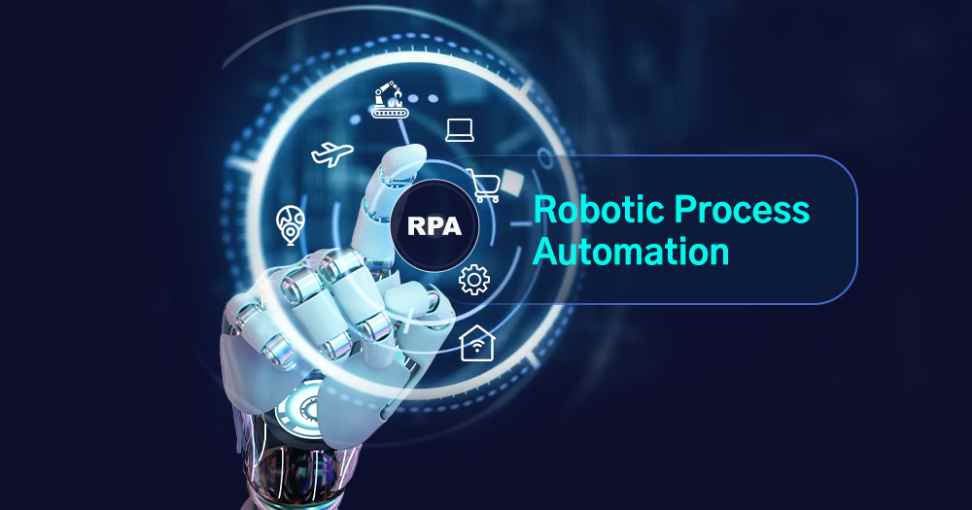Lotus299, Goldenexch, Msdexch: Artificial Intelligence (AI) has undoubtedly revolutionized the finance industry in recent years. With advancements in machine learning, AI technologies have been increasingly adopted by financial institutions to streamline operations and enhance efficiency. From customer service chatbots to fraud detection algorithms, AI-powered tools have become integral in driving innovation within the finance sector.
One primary way AI is transforming finance is through personalization. By utilizing AI algorithms, financial institutions can tailor their services to meet the individual needs and preferences of customers. This personalized approach not only enhances customer satisfaction but also boosts customer retention rates, ultimately leading to increased profitability. Additionally, AI technology enables financial professionals to analyze vast amounts of data in real-time, allowing for more informed decision-making processes and improved risk management strategies.
Automating Routine Tasks with Robotic Process Automation
Robotic Process Automation (RPA) has swiftly gained traction in the finance industry for its ability to streamline operations by automating routine tasks. This technology involves the use of software robots to mimic human actions, enabling organizations to increase efficiency and accuracy in various processes such as data entry, reconciliation, and report generation.
By implementing RPA in their workflows, financial institutions can significantly reduce the time and resources spent on manual tasks. This, in turn, allows employees to focus on more strategic and value-added activities that require human judgment and analytical skills. Overall, the adoption of RPA has proven to be a game-changer in enhancing operational efficiency and driving productivity in the finance sector.
Enhancing Decision Making with Algorithmic Trading
Aldoexch, Aaonline777, Aaonline247: Algorithmic trading is revolutionizing the way financial decisions are made in the industry. By utilizing complex mathematical models and algorithms, traders can execute transactions at optimal prices and speeds, removing human emotions and errors from the equation. This automated approach not only streamlines the decision-making process but also allows for faster reactions to market changes and trends.
With the ability to analyze vast amounts of data in real-time, algorithmic trading systems can identify trading opportunities that may be missed by human traders. By constantly monitoring market conditions, these systems can make split-second decisions, leading to improved trading outcomes. This technology has enabled financial institutions to stay ahead of the curve and capitalize on market inefficiencies, ultimately enhancing their overall decision-making processes.
What is the role of AI in transforming the finance industry?
AI is revolutionizing the finance industry by streamlining processes, improving efficiency, and providing valuable insights for decision making.
How can robotic process automation help automate routine tasks in finance?
Robotic process automation can help automate repetitive tasks such as data entry, reconciliation, and reporting, freeing up time for finance professionals to focus on more strategic activities.
How does algorithmic trading enhance decision making in finance?
Algorithmic trading uses complex algorithms to analyze market data and execute trades at optimal times, helping investors make more informed decisions and maximize their returns.

